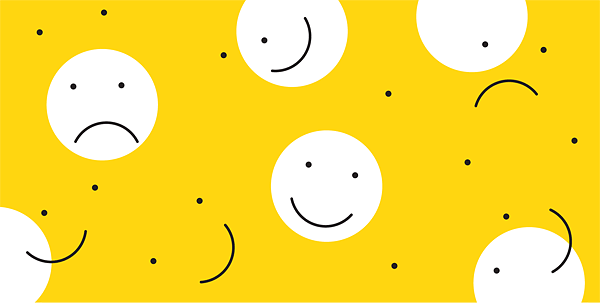| Want to send this page or a link to a friend? Click on mail at the top of this window. |
| Posted February 22, 2010 |
| Books |
| The Politics of Happiness | |
|
|
|
 |
|
| ILLUSTRATION BY CHRIS BRAND | |
|
By ALAN WOLFE |
| _____________________ |
| _____________________ |
| Wehaitians.com, the scholarly journal of democracy and human rights |
| More from wehaitians.com |